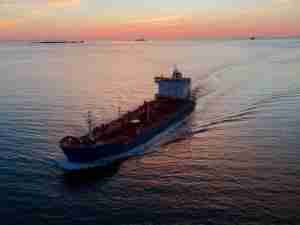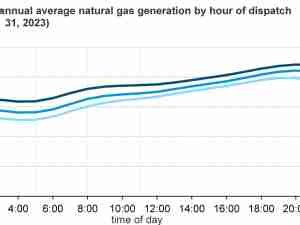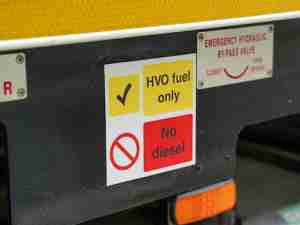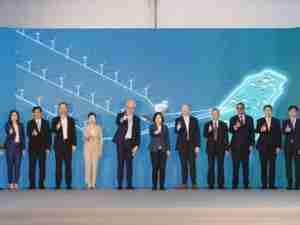The following was released by the Responsible Offshore Development Alliance:
With offshore renewable and wind energy development becoming increasingly common on the East Coast, a new alliance has formed to ensure that these developments are compatible with the existing interests of the nation’s fishing communities. The Responsible Offshore Development Alliance (RODA) brings together a broad range of commercial fishermen from across the Northeast and Mid-Atlantic to advocate for their shared concerns over emerging offshore developments.
RODA is seeking to coordinate the efforts of the fishing industry, offshore wind development interests, and federal, state, and local governments to promote effective offshore development policies, and to support more scientific research on offshore development impacts. Current regulatory efforts to assess the impact of offshore development on fisheries have been disconnected. Past offshore projects have not adequately engaged with the fishing industry and the regional fishery management councils, leading to offshore leases being awarded to projects located in prime fishing grounds.
"The current, splintered approaches to engaging fishing communities in the offshore wind leasing process are ineffective and inefficient, and the result is that critical fishing industry expertise is not being considered," said Anne Hawkins, legal and scientific counsel for RODA. "Fisheries need a unified effort to ensure they get the best possible offshore outcomes."
One of RODA’s first priorities is exploring partnerships with NOAA and the Atlantic states to develop collaborative scientific research. This research would address the lack of peer-reviewed information on the effects of offshore development to fisheries and fish populations. It would also be used to inform offshore developers and regulators in planning sites, awarding leases, designing operations plans, and developing mitigation strategies.
RODA is also working with its members in the fishing industry to provide a unified voice on industry-wide issues, such as consideration of new offshore developments, to ensure that these issues are adequately addressed.
“The industry needs to speak as one,” said Robert Vanasse, communications and media advisor to RODA. “The offshore wind energy industry, and regulators at the federal, state, and local levels need to hear clearly the concerns of participants in our domestic fisheries. We will work to foster the productive dialogue among those parties that is urgently needed and sorely lacking.
Specifically, RODA will coordinate engagement between offshore development and affected fisheries to guide the planning of future offshore development sites, and to implement effective operations and mitigation programs for existing sites. By creating a united effort from fishing communities, RODA will facilitate more informed development of shared offshore resources.









